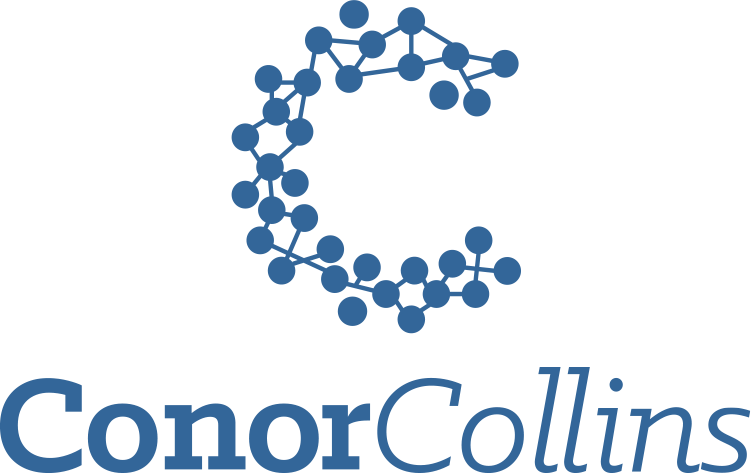I was really excited when I found out that I was being offered a teaching job in massage therapy. My new career had become a fast love of mine. I knew upon graduation that I’d want to contribute to the field by teaching up-and-coming massage therapists one day. I had spent the previous three years trying to consume every bit of massage therapy content just so that I could hit the ground running when I started teaching.
Have you ever been in a situation where you finally get the thing you’ve been asking for, and suddenly you’re filled with dread? That’s what happened to me. I was excited for a few days, and then the gravity of the new challenge set in, and I became persistently anxious for about three months. I had spent so much time laser-focused on getting the job that I didn’t think of how I’d feel once I actually got it.
I was waking up around 2:30 am with a racing heart. I was either not eating enough, or eating too much every day. Sweaty palms, shallow breathing. Worst of all, I had a persistent twitch in a muscle of my inner ear. Picture an under-eye twitch and how annoying that is, now put it inside of your ear where you can hear it in addition to feeling it. It was obvious that this level of anxiety wasn’t sustainable long-term, and I needed to get a handle on it. That’s when I started researching risk-related anxiety, and I found two cognitive biases that ended up changing the way I interact with stress.
The first is called the “status quo bias”, which says that people are far more tolerant of current circumstances (even if we’re unhappy) than we would be of the stress related to change. I lovingly refer to this bias as “The Devil You Know” bias. Pursuing my teaching goals made me anxious because the comfort of the status quo was easier to cope with than the stress related in pushing myself. Reaching for something I wanted had a heaviness to it that I couldn’t put into words at the time, which brings me to the omission-commission bias.
The omission-commission bias says that the failure to act on an opportunity is a decision as resolute as the choice to take action. For months before actually applying to teach, I’d just peruse job postings online and then I’d tell myself that “I’d apply later” with no follow-through. For most people, a very relatable example of the omission-commission bias is staying in a job that you know you don’t like, understanding that you’d probably never like it, and still failing to act despite knowing that things won’t get better on their own. In this bias, risk-avoidant behaviour keeps us stuck in the same position because the thought of taking a risk and having it fail in the end is more painful to our egos than simply staying put in a familiar discomfort.
People at the end of their lives have two main categories of regret: failures of courage, and failures of kindness. When I’m face to face with a new opportunity and my biases are in overdrive, it comes down to whether I’ll regret not taking a chance on myself. Failure isn’t a bad thing, it’s a sign that you’re open to growth.
If you’re looking to grow your understanding of concussions and how to assess, treat, and rehabilitate this often daunting injury- registration is now open for the October 2022 course! Link here: https://conorpcollins.com/courses/
About the Author
Ashley is a Massage Therapist from Moncton, New Brunswick with a special interest in managing concussions. Outside of clinical practice, she is a Lead Instructor in our “Understanding the Complexity of Concussion” courses as well as the Editor of this website’s blog.
Ashley decided to pursue massage therapy as a second career in order to help others. With prior experience in the field of Archaeology at the Master’s level, Ashley is an integral part of course development, helping to improve and assess the quality of our course delivery.



Recent Comments